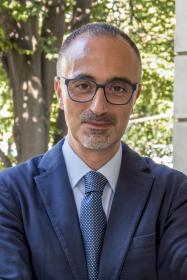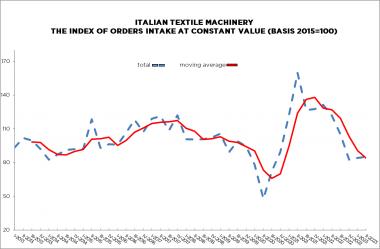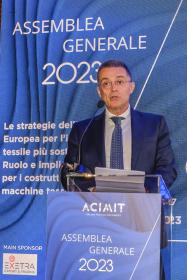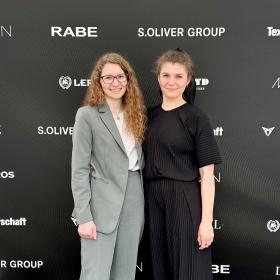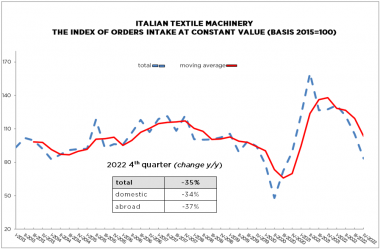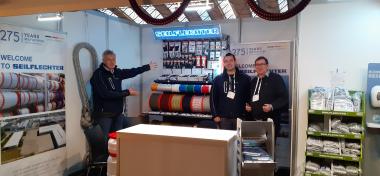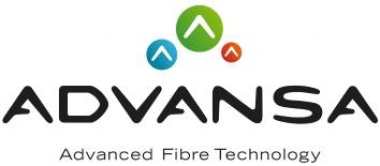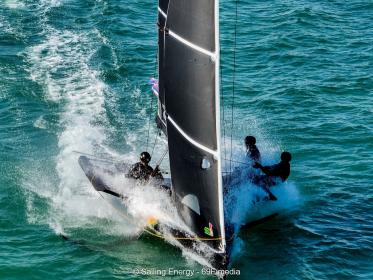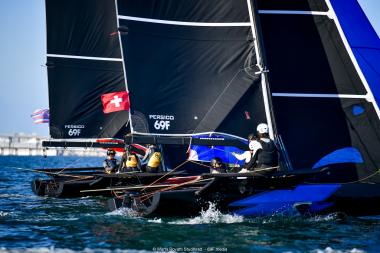Lenzing erhält EU Ecolabel für Faserproduktion in Indonesien
Die Lenzing Gruppe hat für ihre am indonesischen Standort erzeugten Viscosefasern die Zertifizierung durch das international anerkannte EU Ecolabel erhalten. Somit erfüllen die in Purwakarta (PT. South Pacific Viscose) produzierten Fasern hohe Umweltstandards. Das Produktportfolio besteht damit aus Fasern der Marke LENZING™ ECOVERO™ für Textilien und Fasern der Marke VEOCEL™ für Vliesstoffanwendungen.
Aufgrund der erheblichen Investitionen zur Modernisierung des indonesischen Standortes in Höhe von EUR 100 Mio. ist Lenzing in der Lage, ihre spezifischen Emissionen deutlich zu reduzieren. Zudem bezieht der Standort seit kurzem Strom aus erneuerbaren Energien und treibt die Umstellung auf Biomasse weiter voran. Diese Maßnahmen sind im Einklang mit den Zielen von Lenzing, die gruppenweiten CO2-Emissionen pro Tonne verkauftem Produkt bis 2030 um 50 Prozent zu senken und bis 2050 klimaneutral zu produzieren.
Der menschengemachte Klimawandel ist eines der drängendsten Probleme unserer Zeit, zu dem sowohl die globale Textil- als auch die Vliesstoffindustrie Verantwortung tragen. LENZING™ ECOVERO™ Viscosefasern (für Textilien) und VEOCEL™ Viscose (für Vliesstoffe) verursachen nachweislich deutlich weniger Treibhausgasemissionen und Wasserbelastung als generische Viscose. Am indonesischen Standort plant Lenzing zukünftig auch die innovativen LENZING™ ECOVERO™ Black Fasern produzieren, die dank des Spinnfärbeverfahrens weniger Energie und Wasser in der textilen Kette benötigen und somit auch einen geringeren CO2-Fußabdruck in ihrem Lebenszyklus als Textilprodukt aufweisen.
Lenzing Group










